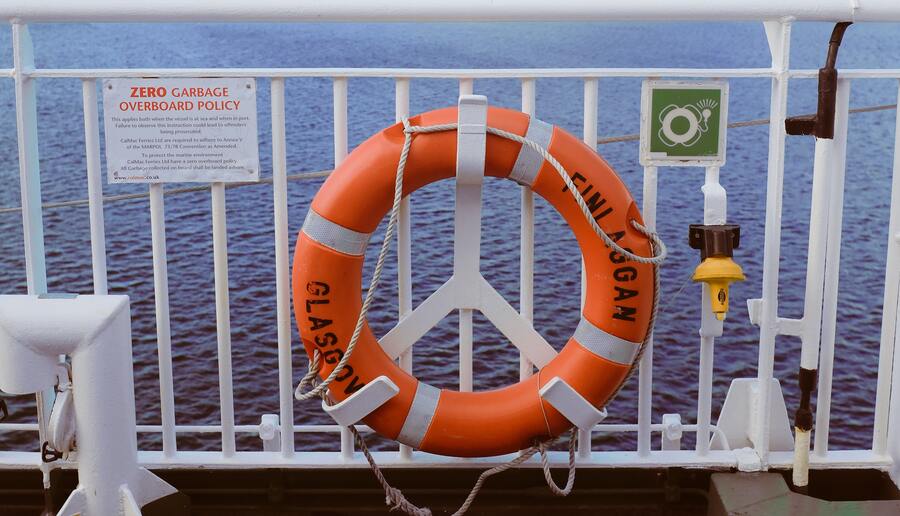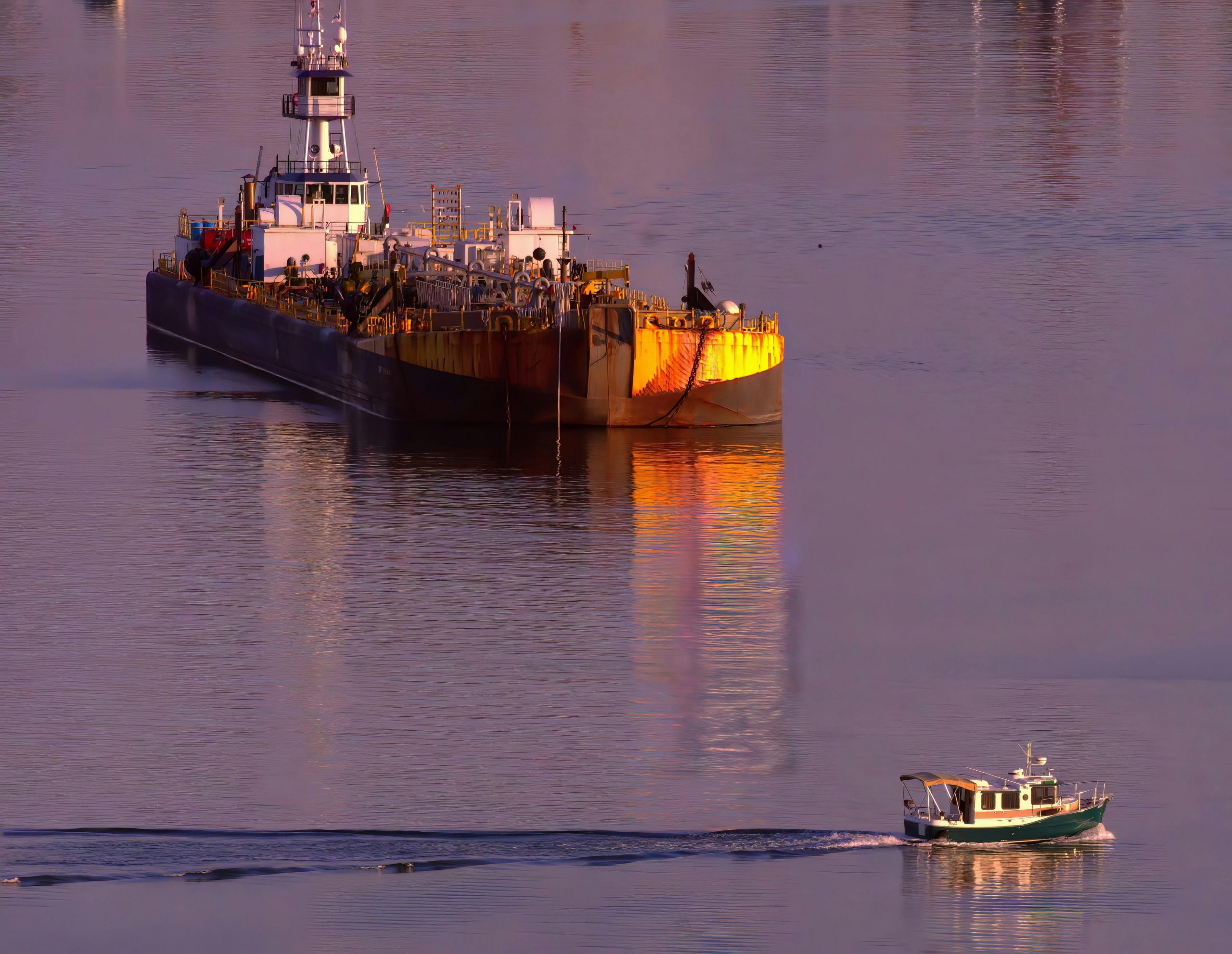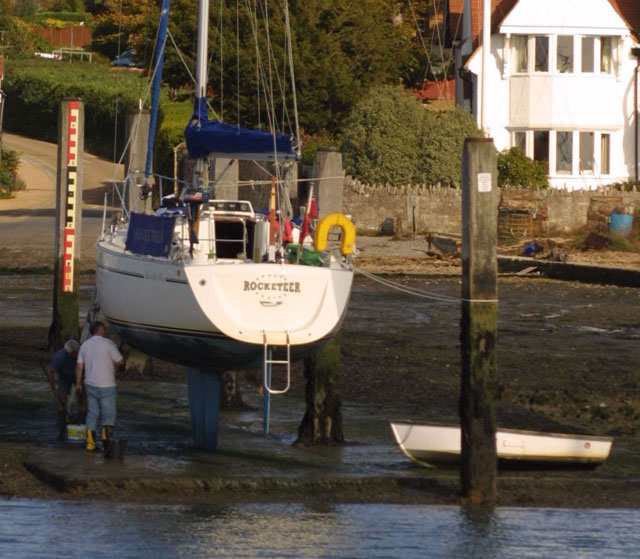When boating at sea it’s essential to always be prepared and to plan ahead. Do you have the appropriate boating equipment, and would you know what to do in an emergency? In this guest blog, expert Bill Peach outlines the key areas you should consider to be safe at sea.
When we consider safety when going afloat there are several areas to think about. We need to think of the type of water we're going on, the current weather conditions and the type and size of boat. Consider the type of water; is it less than a mile from the coast, some distance off shore or out of sight of land. Clearly each has different demands and levels of experience and equipping to avoid putting yourself into a difficult situation.
First and fairly simple consideration is about the boat itself.
• Is it seaworthy, bearing in mind the weather conditions can change? Are you putting you and your crew at risk by attempting to go into waters that could swamp the boat?
• Does it have sufficient buoyancy if it's swamped?
• How many means of propulsion does it have, in case one fails? For small boats this may mean oars or paddles to back up an outboard, or motor to back up sails, or second engine if it's a motor boat.
• Do you have a means of bailing out or pumping water, even if it's a bucket, also make sure they are tied onto the boat so you don’t lose them.
• Has the engine been recently serviced, and do you carry spare fuel in case of contamination?
• ALWAYS wear a kill cord with outboards, if no one is steering and you fall overboard the boat often carries on in a circle and returns to your position which is extremely dangerous.
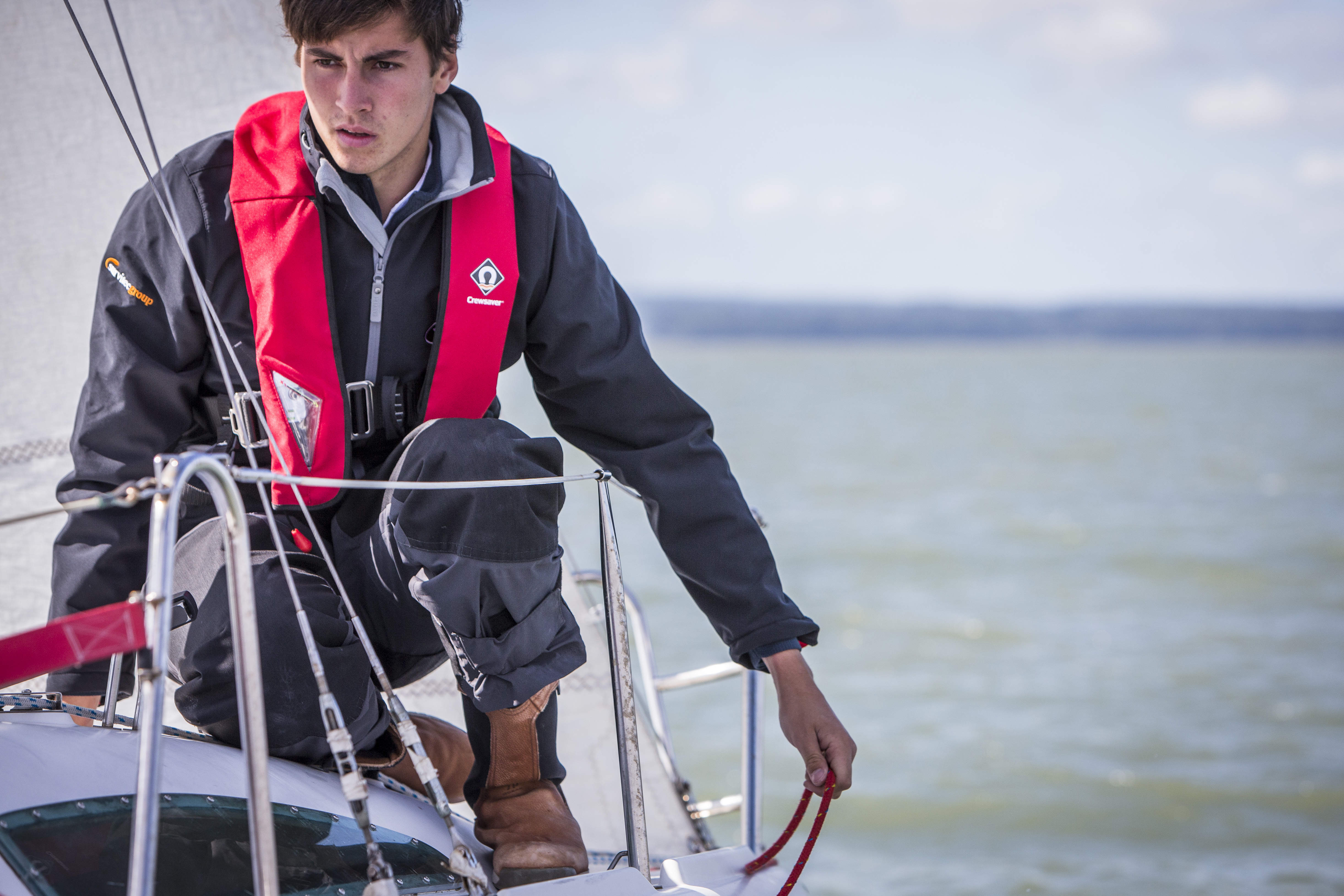
Now consider those on board
• Everyone needs to have a lifejacket, and know how to wear it. For children it's important that a properly fitted jacket is available. Wearing crotch straps with a jacket is very important to stop it riding up when in the water.
• Make sure the lifejackets are regularly maintained and checked. If brand new, always check it's properly set up as air canisters are often removed or unscrewed for transportation reasons.
• Ensure that all people on board have appropriate clothing for all conditions, remembering that the weather can change very quickly in our waters. Also think hot and cold; warm and waterproof clothing for the cold, and protection against the sun if it's hot.
• Is there more than one person on board that can handle the boat in case the skipper is injured?
• How long will you be away for, is there sufficient water and food for the journey?
• Can you deal with a first aid issue? Is your first aid kit up to date and appropriate for the conditions?
How can you communicate in an emergency?
• Have a VHF radio on board, and listen out on channel 16. Someone else may be in trouble that could use your help as well as being there for you in an emergency. VHF is preferable to a mobile phone as it transmits to everyone in your immediate area at the same time, whereas a mobile phone can only have a conversation with one person, even if it's the coastguard! Having a mobile as a backup though is a good idea, although remember that some coastal areas have poor mobile phone signals.
• Know how to use the VHF correctly, can you send a MAYDAY correctly. A DSC VHF radio has the advantage of identifying who you are and if linked to a GPS, where you are to within 10m
• In case the VHF doesn't work or for locating you position from Search and Rescue aircraft or vessels, pyrotechnics (flares) should be carried. They need to be stored in a dry location, and you need to understand how and when to use them.
• Even if you only plan on being on the water during daylight hours, you get into difficulties which means you could end up being on the water at night. Having a bright and reliable torch makes sense, and also navigation lights.
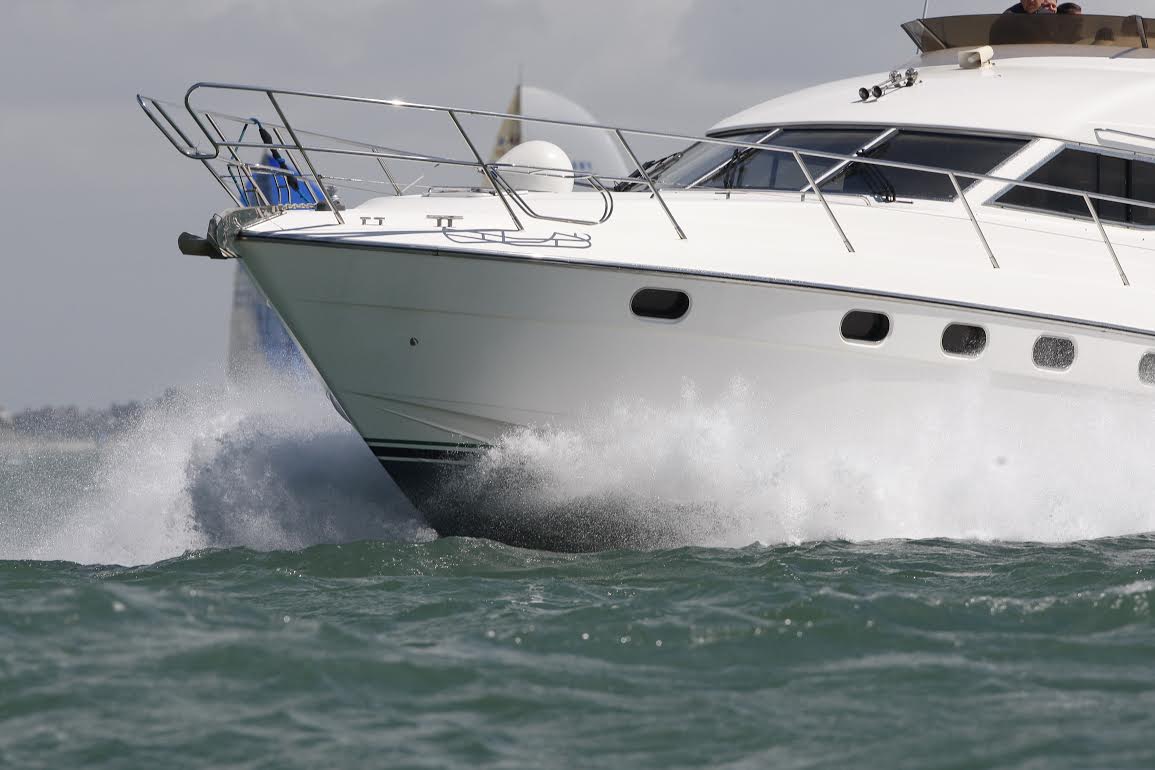
Handling the boat
• How proficient are you at handling the boat?
• How much navigation training have you had? Can you determine your position, not only by GPS systems but also other navigation means, which of course means having a chart, compass and knowledge of how to use it!
• Can you navigate the boat if the visibility drops and you're unable to see land?
• Do you have and anchor and how proficient are you at using it? If the boat is incapacitated, and the water is not too deep, using an anchor at least means you can stay in one piece. Different anchors perform better on different ground conditions (mud, sand, weed etc)
• Have you checked the weather reports to make sure that you, the boat and the crew are within your capabilities? If in doubt take a cautious view as the weather can change very quickly.
• Be aware of tides in your area, both in terms of tidal flow and height.
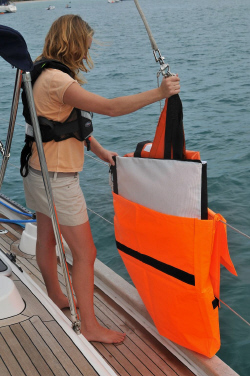
Man Over board
• If someone should fall overboard, are they strong enough to get back on board?
• Do you have a means to get them on board?
• Do you have throwing lines, lifebuoys etc to help them to stay afloat and identify where they are?
• Do you have a drill for recovering someone, and have you practiced it?
Fire
• Fire on board can be very dangerous. Ensure you have extinguishers
• Gas stoves too are dangerous. close off the gas supply when not in use and always attend the stove when it is in use. Be careful of hot spillages, especially onto you.
It all sounds very worrying when you see the wide range of safety concerns of boating together like this, but this is of course the worst case scenario. Common sense and preparation means that these concerns can largely be avoided. However, accidents do happen, SO BE PREPARED. While the Coastguard and RNLI are there to help around the UK coast, they're volunteer rescue organisations and would rather see you enjoying a safe boating experience, than a bad one.
Bill Peach is a volunteer Coastguard and a Harbour Commissioner in Lymington. He and Liz Rolfs manufacture MobMat, an innovative man overboard system.
Find out more about MobMat here.
Article: Bill Peach
Photo credits: RYA, MobMat
